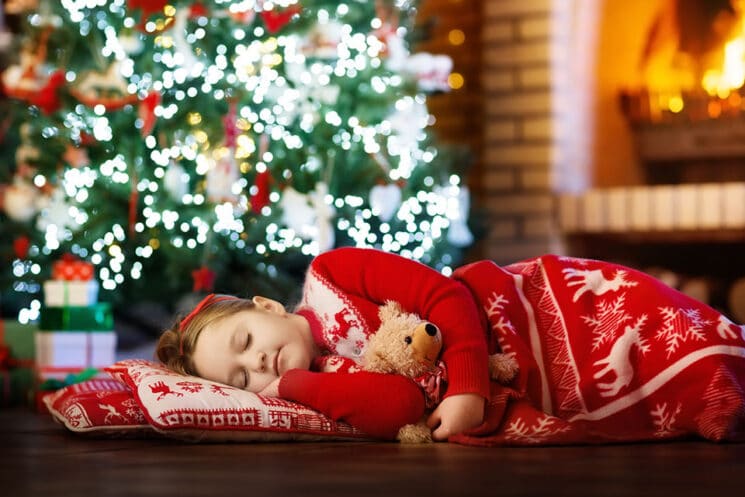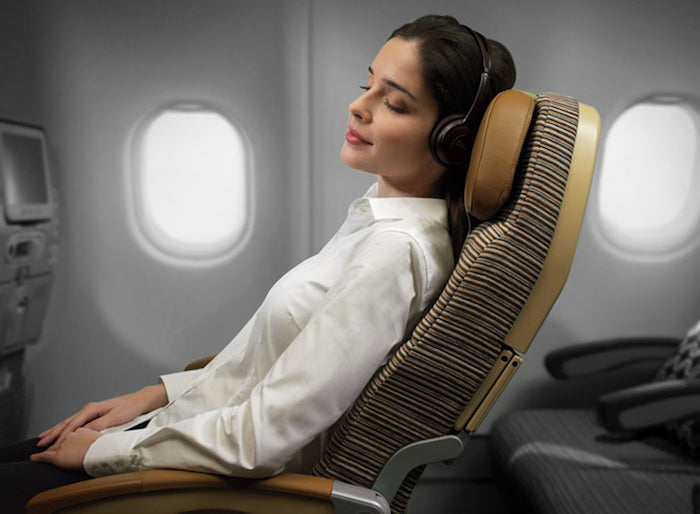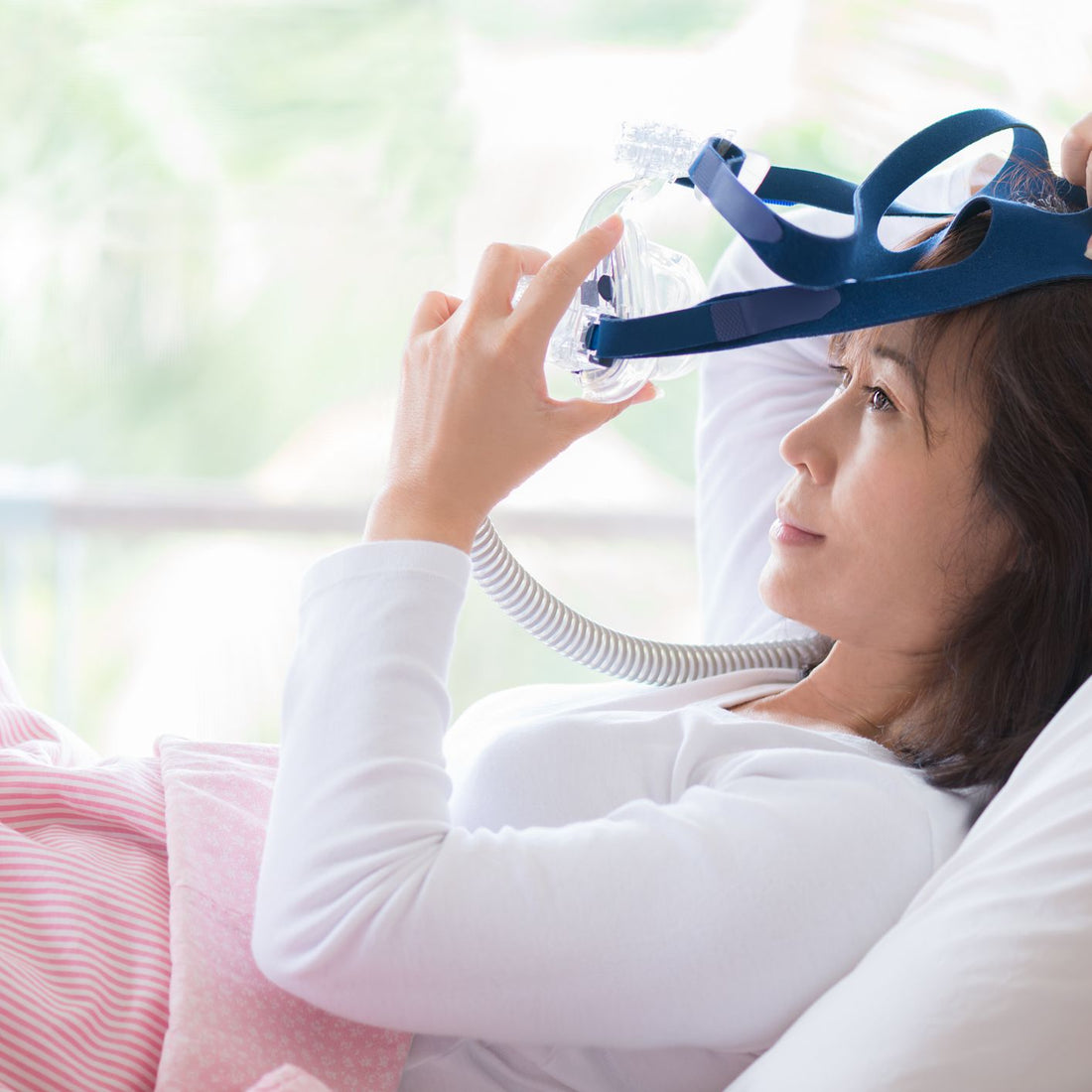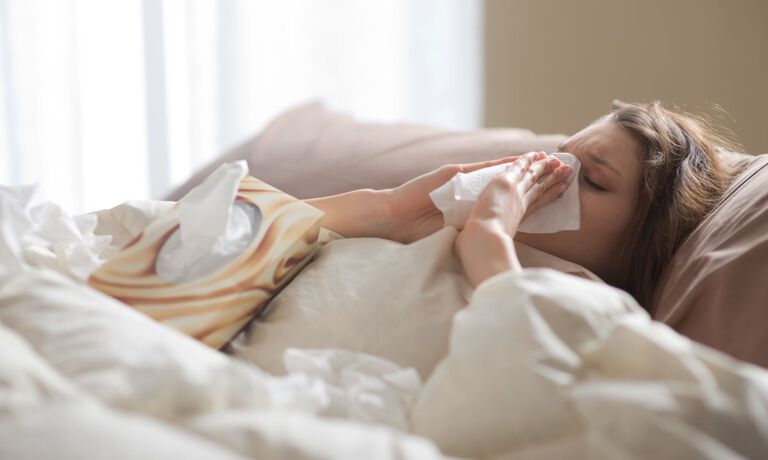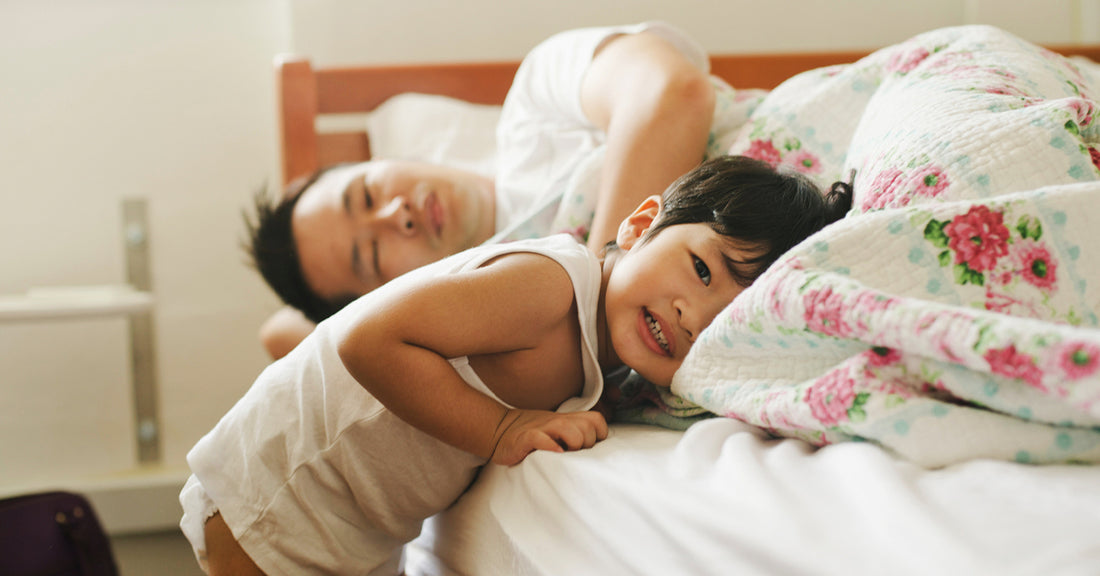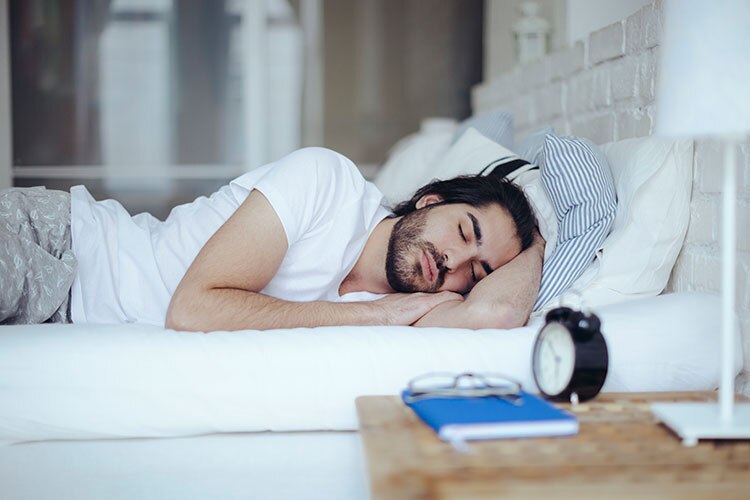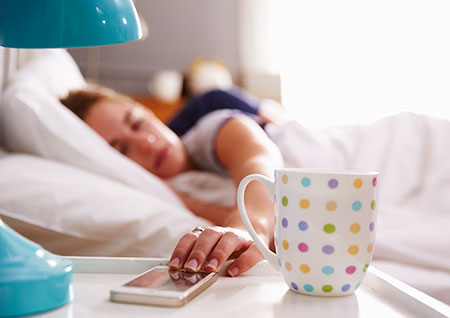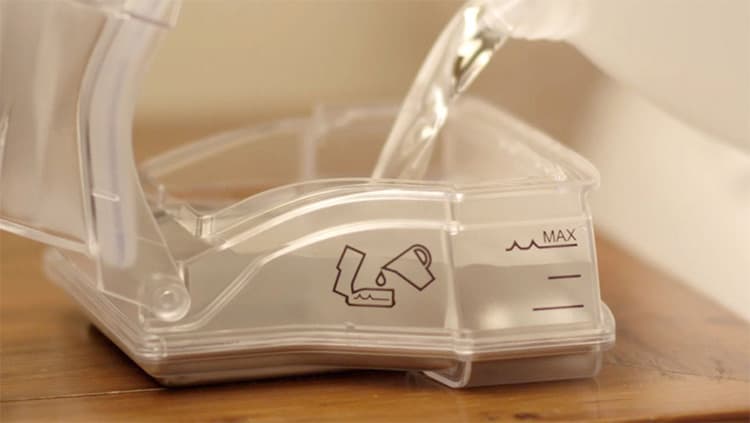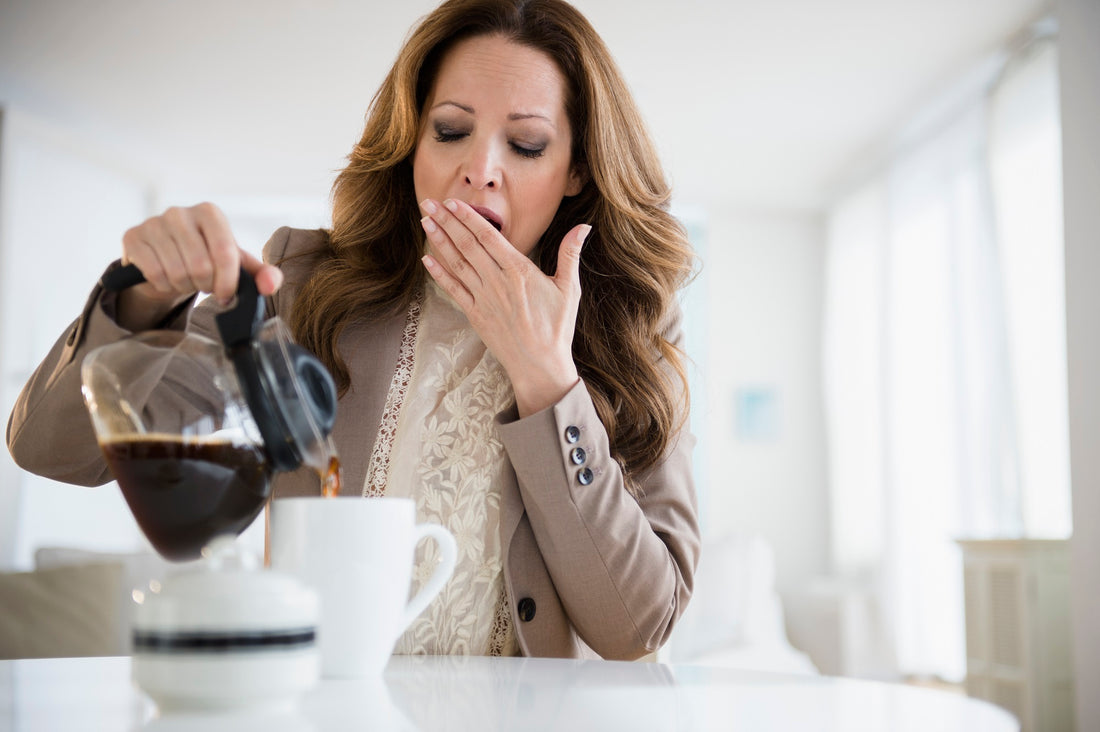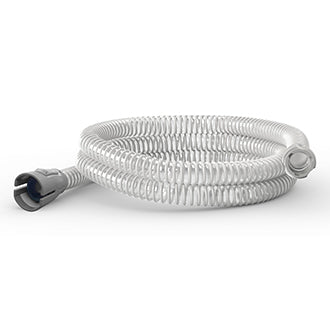News
Sleep Tips for Holiday Travel
wp:paragraph Thinking of going away over the holiday? Many people experience poor sleep whenever they travel, whether they are going to an unknown destination or staying with family. All of the excitement and disrupted routines surrounding the holidays do not help either. /wp:paragraph wp:paragraph Whether you are going on a road trip or braving the airports to venture somewhere a little further away, here are a few tips to keep in mind to help make sure you can still get a good night’s sleep wherever you are. /wp:paragraph wp:paragraph Plan ahead: stress is one big reason why sleeping away from home is not always great. Take the time beforehand to figure out other factors like packing, your itinerary, and other logistics to reduce stress while you are away. /wp:paragraph wp:paragraph Maintain a routine: while your normal sleep routine may be disrupted, try your best to stick to your usual sleeping routine. Try to go to bed as close to your normal bedtime as you can and limit the use of technology for 1 hour before you go to bed. If you are traveling to a different time zone, be sure to adjust your sleep to the current time zone in order to make the most of your trip. /wp:paragraph wp:paragraph Bring the essentials: Be sure to pack a few sleeping essentials such as earplugs, sleeping masks, melatonin, warm pajamas, and your favorite book just to make yourself feel at home and more comfortable at bedtime. /wp:paragraph wp:paragraph Practice healthy habits: sticking to healthy diet and exercise habits will help with your sleep. Eat a balanced diet, get some exercise throughout the daytime, and don’t overdo it with alcohol. /wp:paragraph wp:paragraph Relax and enjoy the holidays: it’s a happy and joyous time of year so make sure you give yourself time to enjoy it! Bad sleep happens to everyone at some point. If you have one rough night’s sleep, give yourself a little grace. It’s just one night and you can get back on track the next day. /wp:paragraph wp:paragraph After reading sleep tips for holiday travel you can read "Travelling with a CPAP Machine". /wp:paragraph
about Sleep Tips for Holiday TravelGet Your CPAP Ready For The Winter
wp:paragraph The nights are starting to get colder, but this doesn’t mean that your sleep needs to suffer as a result. Sleep apnea symptoms have been known to be much worse in the wintertime, thanks to the cold and dry air that can dry out your mouth and nasal passages, making it more difficult to sleep. If you use a CPAP machine, then now is the time to make sure it is ready for winter use! Here are four things to think about when it comes to getting your CPAP ready for the winter. /wp:paragraph wp:paragraph Don’t skip humidification: This doesn’t just apply to the humidifier you may use in your bedroom to prevent dry air (though this is beneficial in sleeping better) using a humidifier and/or heater with your CPAP machine will help to prevent your airway from drying out and make for a more comfortable user experience overall. /wp:paragraph wp:paragraph Make sure the parts are in working order: Take a moment to do a quick inventory of all the parts on your CPAP machine, including the tubing, the mask, humidifier and any filters that may be required. If a part is wearing down or not in good working condition, then this can cause the rest of the CPAP to not work properly. Don’t wait until it’s too late to replace these parts, make sure you get them ahead of time. /wp:paragraph wp:paragraph Keep the machine clean: Regular cleaning of your CPAP is important at any time of year, but this is especially the case in the wintertime, when your humidifier and/or heater is being used on more of a regular basis and moisture from this builds up. /wp:paragraph wp:paragraph Don’t skip the CPAP when you are sick: Colds are no fun, and it may be tempting to skip the CPAP for just a night or two if you are feeling stuffed up but don’t do this! Rest is extremely important for recovery, and skipping the CPAP even for just a night can cause your sleep apnea symptoms to worsen and make for a poor night’s sleep. /wp:paragraph
about Get Your CPAP Ready For The WinterTips for Sleeping When You Have a Cold
wp:paragraph The dreaded cold and flu season is upon us, and chances are, you may be affected by a cold or flu at some point, no matter how vigilant you are at washing your hands and disinfecting the area around you. Many cold and flu symptoms also tend to make sleeping incredibly uncomfortable, which is the last thing you want to be able to fight it off. Here are a few tips for getting a good sleep when you have a cold. /wp:paragraph wp:paragraph Get lots of rest: you may have heard this many times already but giving your body a chance to rest is truly the best medicine for fighting off colds. Going to bed a little earlier and waking up a little later than normal is okay. You may also consider a mid-day nap as well. Lounging on the couch and binge-watching your favourite show is okay too, but don’t overdo it. /wp:paragraph wp:paragraph Take over-the-counter cold medicines: be sure to keep some Advil or Tylenol on hand to help you sleep better, especially ones geared towards alleviating cold and flu symptoms. There are lots of cold & flu medicines available for “nighttime” use that will help you sleep, but be sure to read the labels carefully and don’t take more than the recommended dosage. /wp:paragraph wp:paragraph Keep the room humidified: the cold air outside can dry out the air in your bedroom, which has a counter-intuitive effect on alleviating cold symptoms. Using a humidifier to help moisten the air will help you sleep better. /wp:paragraph wp:paragraph Stay hydrated: your body will need lots of liquids to help fight your cold off. Drink lots of water, and herbal tea with honey is especially beneficial. As a bonus, add a small slice of lemon. Avoid caffeine and alcohol as they will both leave you dehydrated. /wp:paragraph wp:paragraph Alleviate any sinus discomfort: Blocked sinuses are common when you have a cold, and this can make sleeping very uncomfortable when you can’t breathe properly. Try propping your head up slightly with a pillow to help you breathe a bit easier. /wp:paragraph wp:paragraph Take a hot shower or bath: the heat from doing either of these things will help to relax your muscles and reduce your cold symptoms before bed. /wp:paragraph wp:paragraph Contact us for more information. /wp:paragraph
about Tips for Sleeping When You Have a ColdThe Connection Between Sleep Apnea and Genetics
wp:paragraph If you have someone in your family who has been diagnosed with sleep apnea, it may be natural to wonder if you will develop sleep apnea too. /wp:paragraph wp:paragraph There has been a lot of research done over the years that looks at the connection between sleep apnea and genetics. While sleep apnea can run in the family, it is not necessarily known to be a condition that is genetic. There are, however, many risk factors of sleep apnea that do involve genetics. Here are a few of them: /wp:paragraph wp:paragraph Gender: sleep apnea is generally more common in males than females, but gender alone doesn’t always lead to a sleep apnea diagnosis, there are usually other factors involved. /wp:paragraph wp:paragraph Lifestyle: certain lifestyle factors can be genetic and may lead to a sleep apnea diagnosis, such as excessive drinking and smoking, especially close to bedtime. Both of these things have been known to not only be genetic but also lead to a sleep apnea diagnosis. /wp:paragraph wp:paragraph The shape of your jaw or airway: this is usually a big risk factor in diagnosing sleep apnea, especially with certain features such as a larger tongue, large tonsils, overbite, or any other facial structure that risks crowding the space at the back of your throat. Facial structures like this are usually hereditary and tend to look the same from generation to generation. /wp:paragraph wp:paragraph Body type: individuals who are overweight or obese have a greater risk of being diagnosed with sleep apnea. Body fat distribution tends to be genetic most of the time, and a lot of genetic lifestyle factors and body structures can lead to a larger body type, which in turn can increase the risk of developing sleep apnea. /wp:paragraph wp:paragraph Pre-existing health conditions: there are many genetic health conditions that can be a huge risk factor in a sleep apnea diagnosis. Some of these include heart disease, stroke, high blood pressure and type 2 diabetes. /wp:paragraph wp:paragraph Contact us for more information. /wp:paragraph
about The Connection Between Sleep Apnea and GeneticsOSA vs CSA: The Main Differences
wp:paragraph Sleep apnea is a serious sleep disorder that comes in two different forms; Obstructive Sleep Apnea (OSA) and Central Sleep Apnea (CSA). While both forms of sleep apnea cause a pause in breathing while you sleep, the reasoning behind this breathing interruption is what divides these two forms. /wp:paragraph wp:paragraph Obstructive Sleep Apnea /wp:paragraph wp:paragraph OSA is the more common of the two types. This involves an actual blockage or collapse of the airway that causes the apnea episode. OSA is most often treated with the use of a CPAP machine, and it more commonly occurs in patients who are male, middle-aged, and/or overweight. /wp:paragraph wp:paragraph Central Sleep Apnea /wp:paragraph wp:paragraph CSA is not as common as the two types of sleep apnea. Unlike OSA, the pause in breathing is actually caused by your brain not signaling the airway muscles to take in the air you breathe while you are sleeping, thus causing apnea episodes. Anyone can get CSA, though it is more common in adults over age 65 and usually occurs as a result of a serious illness that requires medical intervention. /wp:paragraph wp:paragraph The differences /wp:paragraph wp:paragraph As mentioned above, CSA does not involve a physical blockage of the airway the way OSA does. This means that a CPAP machine is generally more effective for OSA patients (though some doctors may occasionally recommend a CPAP machine for CSA patients too). Snoring, while a very common symptom for OSA, often does not occur in CSA patients. /wp:paragraph wp:paragraph Both forms of sleep apnea, if left untreated, can cause fatigue and sleepiness during the daytime, morning headaches, and restless sleep overall, as the apnea episodes often tend to wake you up while sleeping. This is why seeking medical attention is vital in order to correctly diagnose which form of sleep apnea you have and how to properly treat it. /wp:paragraph
about OSA vs CSA: The Main DifferencesThe Connection Between Sleep and your Mood
wp:paragraph Sleep has a lot to do with your overall mood. You may already notice that nights with poor sleep can lead to you feeling irritable or stressed the following day, and nights where you sleep well lead to you feeling relaxed and happy. /wp:paragraph wp:paragraph There have been many studies done over the years linking the lack of sleep to your overall mood. Here are a few factors to consider as to how poor sleep may be affecting your mood. /wp:paragraph wp:paragraph Stress /wp:paragraph wp:paragraph Stress happens to all of us at some point, and that tends to be one of the top causes of insomnia. Stress can also cause a lack of consistency with your sleeping routine, leaving you feeling moody the following day. Finding ways to manage day-to-day stress is important. Make sure you are also practicing good sleep hygiene habits and avoiding the use of technological devices before bedtime. /wp:paragraph wp:paragraph Not getting enough sleep /wp:paragraph wp:paragraph The average adult requires around 8 hours of sleep each night, though some may perform better with closer to 9 or 10 hours. Lack of sleep tends to be a huge influence on your mood, which is why it is so important to make sure you are getting enough sleep. Make sure you keep a consistent sleeping routine that includes going to bed at the same time each night and waking up at the same time each morning. /wp:paragraph wp:paragraph Chronic Insomnia /wp:paragraph wp:paragraph Many adults suffer from chronic insomnia, which is where you have trouble falling and staying asleep at night and you may find yourself lying awake in bed for as much as several hours. There are many reasons for this; while stress is often a factor, there can be times when there is a bigger issue at hand that may require medical treatment, including night terrors, sleepwalking and untreated sleep apnea. /wp:paragraph wp:paragraph When to seek help /wp:paragraph wp:paragraph Sleep is vital to your overall mood and happiness. One night of sleep that is “off” is not generally a problem, as long as you get back on track the next day. If you have tried everything and still cannot sleep well, then it may be time to seek medical advice, especially if this is affecting your mood and/or performance during the daytime. This way you can work with your doctor to find a solution to help you sleep better. /wp:paragraph
about The Connection Between Sleep and your MoodCPAP Humidification in the Cold Months
wp:paragraph If you use a CPAP machine and you are finding yourself waking up feeling a little dry and stuffed up these days, then you are not alone. This is very common amongst CPAP users, especially in the cooler months. /wp:paragraph wp:paragraph But fear not, there are ways to fix this. Did you know that you can get a humidifier specifically for your CPAP machine? /wp:paragraph wp:paragraph How CPAP humidification works /wp:paragraph wp:paragraph The pressurized air passed throughout your CPAP device without humidification tends to be very dry and can cause your nasal passages to dry out. Especially in the cooler months, where the air is already dry, this may cause many symptoms amongst CPAP users, including dry or runny nose, chapped lips, nose bleeds, and mild sinus-type headaches. /wp:paragraph wp:paragraph Typically your nose warms up the air you breathe in general, but this is not the case when you are using a CPAP machine, because the pressurized air is passing through your nasal passages so quickly, your nose doesn’t have time to warm the air which can cause these symptoms. /wp:paragraph wp:paragraph The CPAP humidifier is an external chamber attached to the CPAP machine that gets filled up with water. While you are using the CPAP machine, the pressurized air is passed through the humidification chamber and routed through the tubing to your mask. Some newer CPAP models already come with a humidifier attached, but other times this is something you will need to purchase separately. /wp:paragraph wp:paragraph The benefits of CPAP humidification /wp:paragraph wp:paragraph There is no question that these symptoms from lack of humidification can be very uncomfortable. With the humidified air flowing through the CPAP machine, and through your nasal passages, this will prevent the dry symptoms that you may be experiencing, and provide you with a much more pleasant experience using the CPAP device. /wp:paragraph wp:paragraph Distilled water is generally recommended to use with your humidifier in order to prolong its life span. Keeping the humidifier and the tubing clean on a regular basis is also important. /wp:paragraph wp:paragraph Be sure to check out papsmart.com for CPAP humidifier options. /wp:paragraph
about CPAP Humidification in the Cold MonthsThe Connection Between Sleep and Caffeine
wp:paragraph Caffeine is not just part of your morning coffee. While a cup of joe in the morning is a part of the morning routine for many people, there is so much more to caffeine that you may not know, and believe it or not, there are many ways in that it can affect your sleep cycle. /wp:paragraph wp:paragraph The effects of caffeine on the body /wp:paragraph wp:paragraph Caffeine is a natural stimulant that is used in many food and beverages, including coffee, tea, energy drinks, sodas, and the occasional chocolate bar and nuts, though the amount of caffeine in the latter two can be extremely small and cause little to no effects. Depending on how much caffeine is in the product you are consuming, it can cause you to feel awake and alert, with the maximum effects occurring around 30-60 minutes after consumption. After that, caffeine is absorbed by your body and can stick around for 4-6 hours. /wp:paragraph wp:paragraph Most people like to have a caffeinated beverage to stay awake and alert, especially in the mornings. There is nothing wrong with that at all as long as you don’t overdo it. Too much caffeine can actually cause you to feel sleepy and have the opposite effect. And don’t forget that everyone’s limit for caffeine is different depending on many factors such as age, body weight, medical history, and personal tolerance. /wp:paragraph wp:paragraph How your sleep cycle can be affected by caffeine /wp:paragraph wp:paragraph Caffeine has been known to interfere with your circadian rhythm, which is what regulates your body’s sleep cycle. Caffeine has been known to delay the onset of sleep if you consume too much too close to bedtime, as the effects can linger in your body for up to 6 hours after consumption. If you have ever experienced insomnia from having too much coffee too close to bedtime, then you will also know that this can cause you to feel overtired and sluggish the following day. /wp:paragraph wp:paragraph For this reason, many experts don’t recommend that you consume any caffeinated beverages for several hours before bedtime. If you want to consume a beverage before bedtime, try having herbal tea or a small glass of water instead. /wp:paragraph
about The Connection Between Sleep and CaffeineThe Benefits of Heated CPAP Tubing
wp:paragraph Now that the nights are getting colder, the air outside is also getting dry. If you regularly use a CPAP machine to help treat your sleep apnea, then you will know that dry air can be your worst enemy. If you are waking up with a sore throat or a dry nose then you are not alone as this is very common amongst CPAP users. It may be time to think about adding heated tubing into your CPAP routine. /wp:paragraph wp:paragraph While it may sound like an added extra, heated tubing can have numerous benefits for CPAP users and can provide a more pleasant user experience with your CPAP machine. /wp:paragraph wp:paragraph Humidification /wp:paragraph wp:paragraph Sure you may already have a humidifier for your CPAP machine, but keep in mind that the humidified air still has to travel approximately 6-10 feet to the mask, depending on the length of the tubing you use. Heated tubes keep the pressurized air warm, which helps to maintain the humidity. This can help to prevent some of the unpleasant effects of dry air you may experience in the mornings, such as a sore throat and dry nose. /wp:paragraph wp:paragraph Eliminating condensation /wp:paragraph wp:paragraph Heated tubing also helps to prevent “rainout,” which is condensation build-up inside of the tube and around it. If too much condensation builds up inside the tube with nowhere else to go, it can leak into your mask or onto the pillow, which can be very unpleasant and inconvenient. /wp:paragraph wp:paragraph While heated tubing can provide added peace of mind come bedtime, it is important to remember to keep the tube and all of the other parts clean on a regular basis. This will help to extend the life span of the tube and keep it in perfect working condition. Be sure to check out papsmart.com to see what heated tubing options are offered. /wp:paragraph
about The Benefits of Heated CPAP Tubing